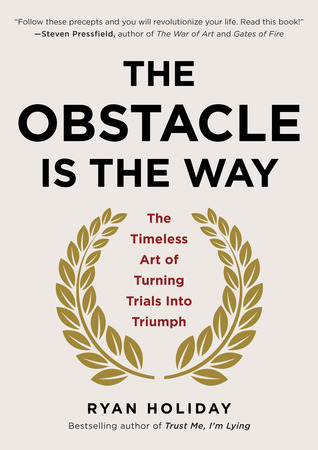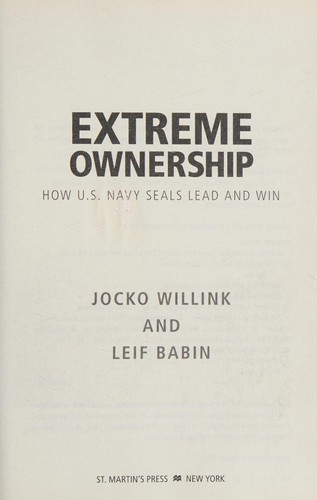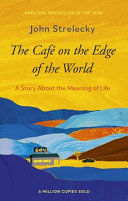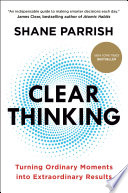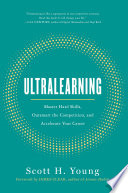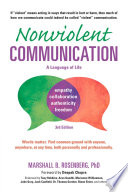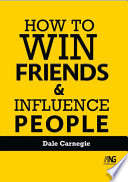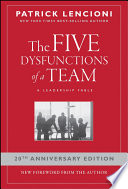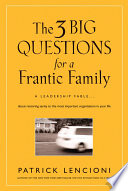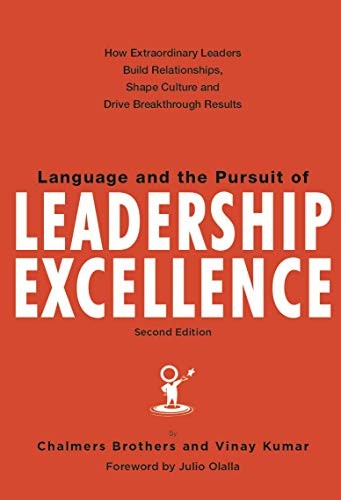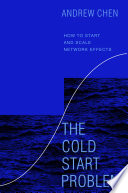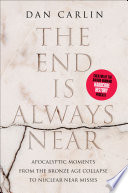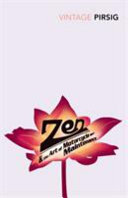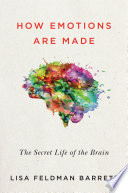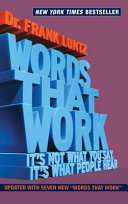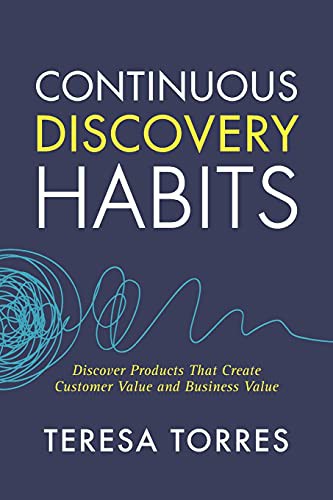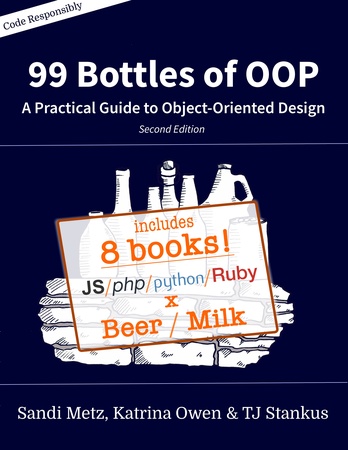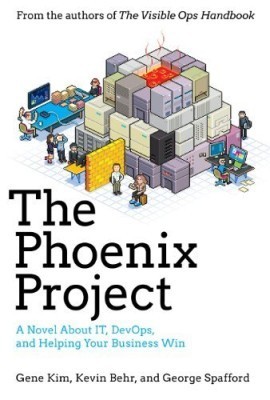Bookshelf
Books that have meaningfully shaped how I think about work, systems, and life. Each one offered frameworks or insights that I still use regularly.
Cognitive Tools
Mental models and frameworks for how you think about challenges, decisions, and personal agency. These books reshape your fundamental approach to problems—from fixed to growth mindset, from avoiding obstacles to using them as fuel, from certainty-seeking to probabilistic thinking.

Mindset
Carol Dweck
Fundamentally reframed abilities as developable rather than fixed. Essential for navigating cultural transitions where everything must be relearned.
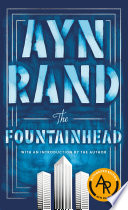
The Fountainhead
Ayn Rand
Reinforced the importance of maintaining creative integrity and individual vision despite social pressures. Particularly relevant when navigating between German systematic excellence and American individualism.
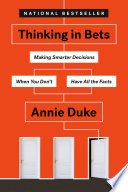
Thinking in Bets
Annie Duke
Transformed my decision-making by embracing uncertainty. Critical for operating in the ambiguous, fast-changing environment of tech companies.
Learning & Transitions
Strategies for rapid skill acquisition and navigating major life/career changes. These books provide practical frameworks for accelerating learning curves, finding optimal performance states, and making successful transitions into new roles or environments.

Flow
Mihaly Csikszentmihalyi
Taught optimal challenge-skill balance for peak performance. Essential for maintaining high performance during adaptation.
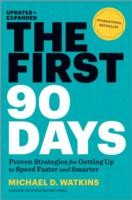
The First 90 Days
Michael Watkins
Systematic approach to transition leadership. Focused on early wins and relationship building. Its important to make a good first and lasting impression so you are positioned well to have an even bigger impact.
Communication
Cross-cultural communication, influence, and relationship building across different contexts. Essential for bridging the gap between direct/indirect cultures, understanding how to express needs effectively, and building trust across diverse communication styles.
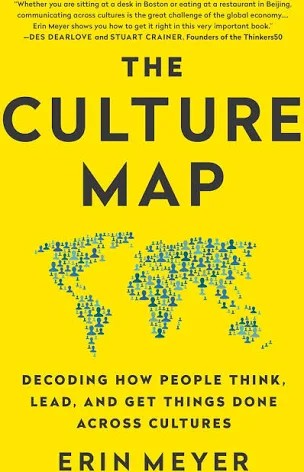
The Culture Map
Erin Meyer
Essential for understanding the communication gap between different cultures. Helped decode why my straightforward feedback was sometimes received poorly and taught me to adapt my communication while maintaining authenticity.
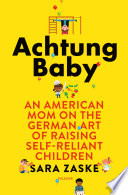
Achtung Baby
Sara Zaske
American mom's perspective on German parenting culture. Perfect complement to my Germany-to-Canada journey - provides outside perspective on German cultural values around independence, risk-taking, and systematic development that is in my background of obviousness.

Influence
Robert Cialdini
Provided scientific foundation for understanding compliance across cultures. The seven principles operate differently in North America vs. Germany.
Team Dynamics
Understanding and optimizing how groups of people work together effectively. From dysfunction diagnosis to building networks of autonomous teams, these books reveal how to create psychological safety, shared purpose, and accountability in both professional and personal contexts.
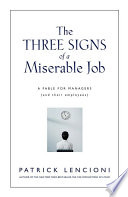
The Three Signs of a Miserable Job
Patrick Lencioni
Identifies anonymity, irrelevance, and immeasurement as core causes of workplace misery. Valuable for understanding what makes work fulfilling across different cultural contexts and designing roles that create engagement.
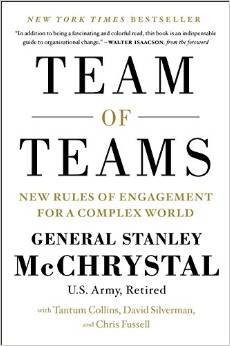
Team of Teams
General Stanley McChrystal
Revolutionary for understanding complex vs complicated systems. Helped me grasp how Shopify maintains agility while scaling - networks of autonomous teams rather than rigid hierarchies.
Leadership & Management
Systems thinking and organizational leverage for leading at scale. These books provide frameworks for understanding organizations as systems, identifying leverage points, creating commitment through language, and managing the inherent complexity of growing companies.
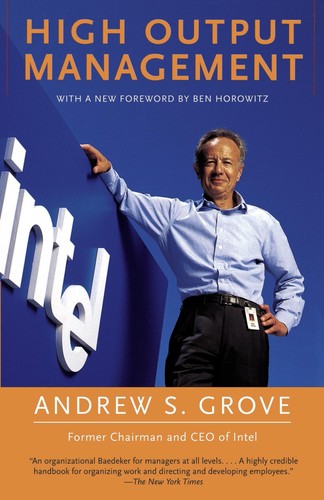
High Output Management
Andrew S. Grove
Intel CEO's systematic approach to management leverage. Grove's focus on identifying bottlenecks and optimizing information flow perfectly aligned with my systems thinking approach to organizational effectiveness.

Thinking in Systems
Donella H. Meadows
The foundational text on systems thinking and leverage points. Essential reading for anyone focused on identifying where small changes create big impacts - directly applicable to systems optimization approach.
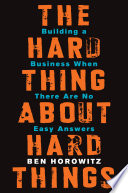
The Hard Thing About Hard Things
Ben Horowitz
Taught me that there's no formula for complex problems, only contextual judgment and transparent communication. No silver bullets, only lead bullets. Maybe shoot those first before taking aim with a canon ball.

Conversations For Action & Collected Essays
Fernando Flores
Frameworks for understanding how language creates commitment and coordination in organizations. Flores' speech act theory provided practical tools for navigating between German explicit contract culture and North American implicit agreement styles - essential for building trust and delivering results. Part of an exec coaching program I went through. Highly valuable mental models.
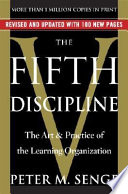
The Fifth Discipline
Peter M. Senge
Foundational text on learning organizations and systems thinking. Provided the intellectual framework for understanding how mental models shape organizational behavior - crucial for navigating cultural transitions and building adaptive teams.
Power, Politics & Systems
The deeper games being played in organizations and markets. Understanding finite vs infinite games, navigating political dynamics without formal authority, building antifragile systems, and recognizing how strategic thinking creates competitive advantages.
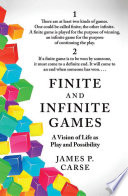
Finite and Infinite Games
James P. Carse
Distinction between playing to win vs. playing to keep playing. Transformed how I think about business strategy and building sustainable competitive advantages.

The Prince
Niccolò Machiavelli
Timeless insights into power dynamics and strategic positioning. Helped understand how to navigate organizational politics and influence without formal authority.
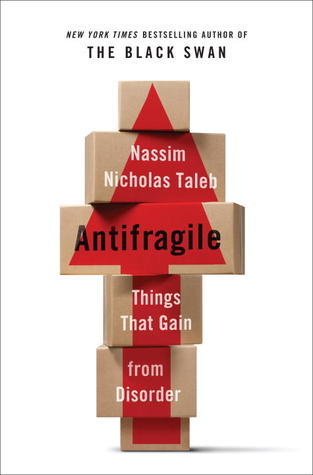
Antifragile
Nassim Nicholas Taleb
Extended Black Swan thinking to building systems that gain from disorder. Essential framework for designing resilient organizations and personal strategies.
Strategic Thinking
Frameworks for competitive positioning and sustainable advantage. From distinguishing good strategy from wishful thinking to understanding network effects, platform dynamics, and competitive moats—these books reveal how to identify and exploit strategic leverage points.
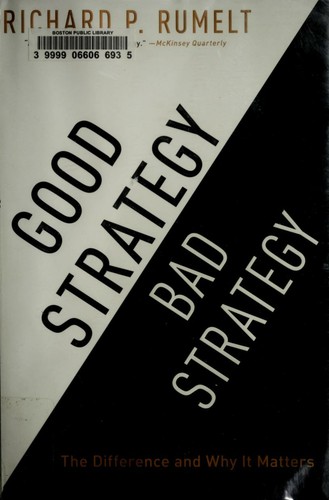
Good Strategy Bad Strategy
Richard Rumelt
Distinguishes between real strategy (focused actions addressing specific challenges) and bad strategy (vague goals and wishful thinking). Essential for understanding how to identify actual leverage points versus busy work in complex organizations.
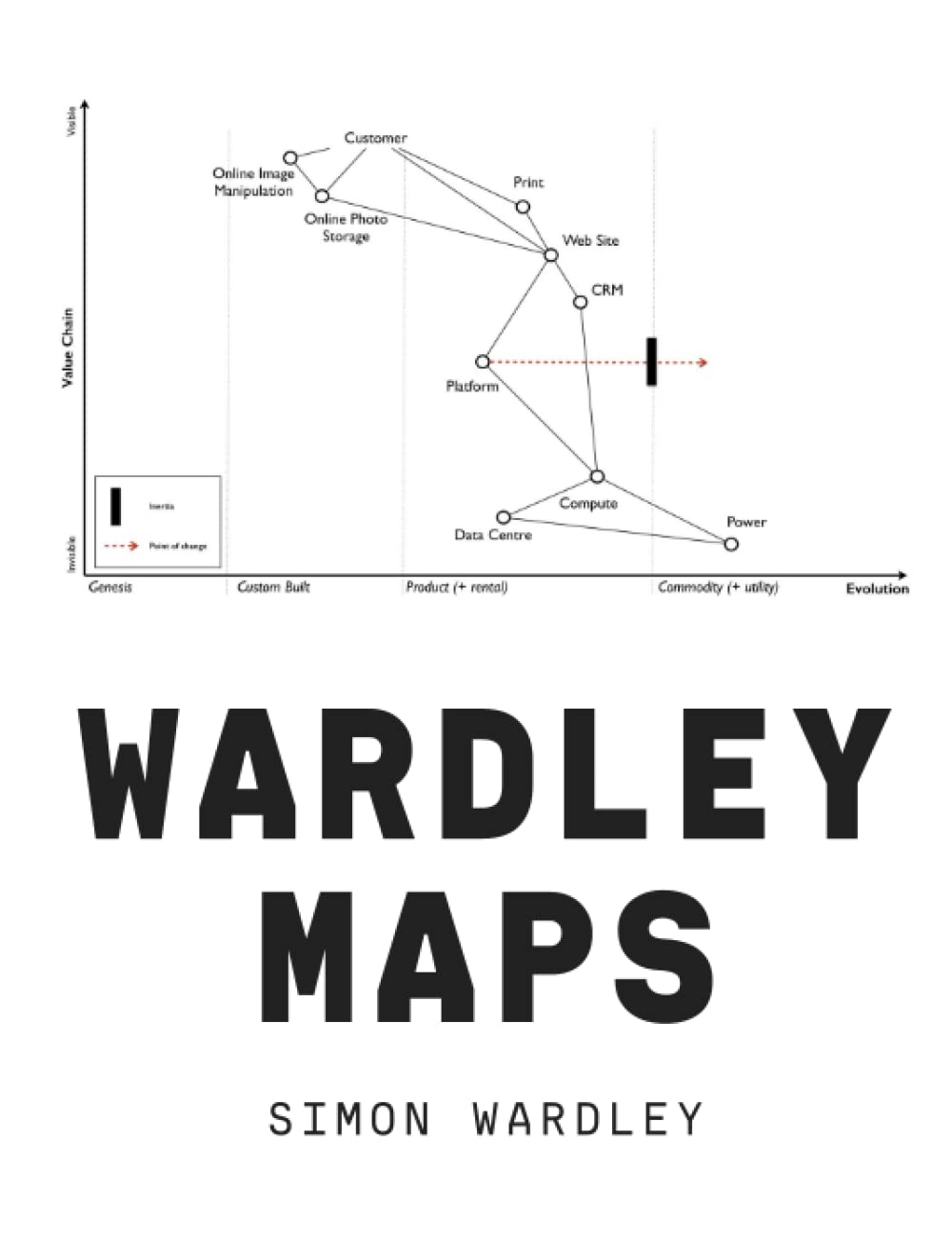
Wardley Maps
Simon Wardley
Visual framework for strategic planning through mapping the evolution of value chains. Essential for understanding competitive positioning and identifying where to build vs. buy vs. partner.
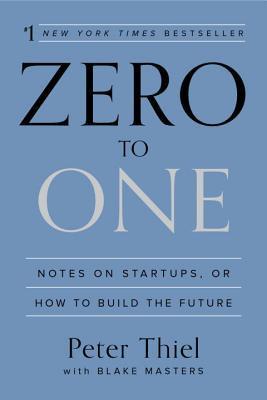
Zero to One
Peter Thiel
Challenged conventional thinking about competition. What makes people change is overwhelming value that cannot be easily replicated. Be 10x better.

7 Powers
Hamilton Helmer
Strategic frameworks for understanding competitive moats and positioning - essential for platform strategy and identifying sustainable advantages.
Historical Forces & System Evolution
Macro-level understanding of how civilizations, technologies, and societies evolve. These books provide perspective on the large-scale forces that shape human progress, from geographic determinism to technological disruption to collective reasoning challenges.
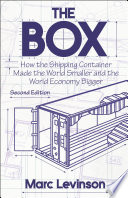
The Box
Marc Levinson
Chronicles how the standardized shipping container revolutionized global trade. The inventor doesn't necessarily accrue the spoils. Labor dynamics shaping outcomes.
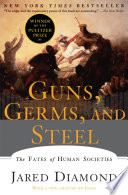
Guns, Germs, and Steel
Jared Diamond
Examines why Eurasian civilizations conquered others. Geographic and environmental factors—not racial superiority—determined societal development.
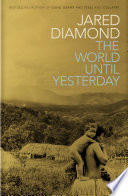
The World Until Yesterday
Jared Diamond
Compares traditional small-scale societies with modern state societies. We can learn valuable lessons from traditional practices while acknowledging the benefits of modernity.
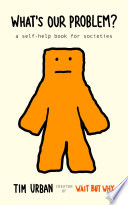
What's Our Problem?
Tim Urban
Systems-level analysis of why societies seem increasingly dysfunctional despite technological progress. Framework for elevating collective reasoning.
Language, Perception & Control
How language, narrative, and design shape reality and behavior. From understanding quality and emotional construction to recognizing how power operates through information control and platform design—these books reveal the mechanisms of influence and perception.

1984
George Orwell
How power operates through information control. Shaping reality through force.
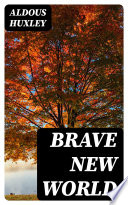
Brave New World
Aldous Huxley
Control through pleasure and distraction. Essential for understanding how platform design shapes user behavior. Shaping reality through group pressure.
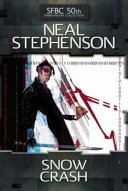
Snow Crash
Neal Stephenson
A cyberpunk novel set in a near-future America where the federal government has largely collapsed and corporations run sovereign territories.
Product
Practical frameworks for building products customers actually want. From continuous discovery habits to positioning that resonates to revolutionary approaches to product development cycles—essential for translating strategy into customer value.
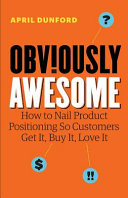
Obviously Awesome
April Dunford
Definitive guide to product positioning that customers actually understand. Critical for platform companies where clear value propositions determine adoption rates.
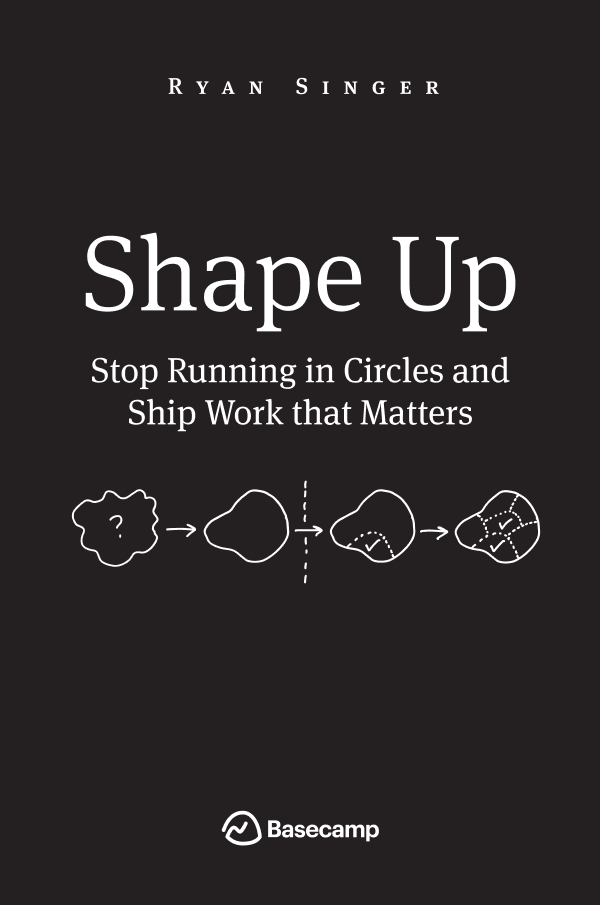
Shape Up
Ryan Singer
A radical rethinking of how to run product development teams, based on Basecamp's methodology. Six-week cycles with shaped work and autonomous teams.
Technical Excellence & Operations
The craft and science of building resilient, high-performing technical systems. From production-ready software patterns to performance optimization to DevOps culture—these books bridge the gap between elegant code and operational reality at scale.
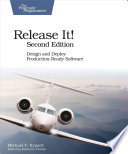
Release It!
Michael T. Nygard
Design and deploy production-ready software with patterns for stability and resilience. Essential for understanding how to build systems that survive real-world conditions.
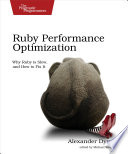
Ruby Performance Optimization
Alexander Dymo
Deep dive into Ruby performance bottlenecks and solutions. Technical complement to systems thinking - shows how to identify and eliminate constraints at the code level. To make it fast it isn't going to be pretty, but it will work. Know when to optimize for what.

